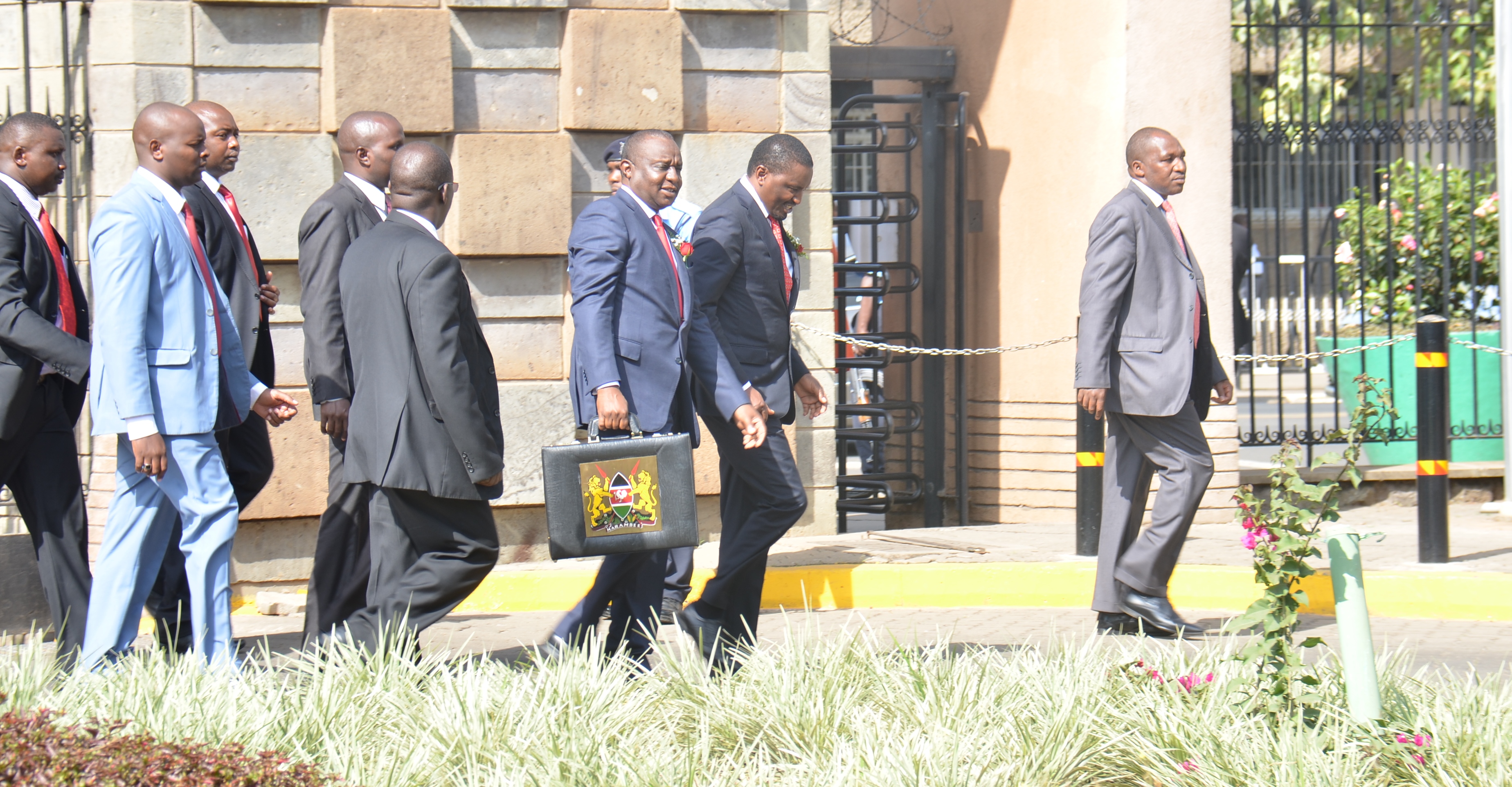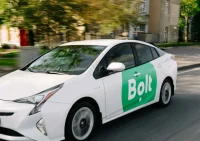The Ksh2.3 trillion budget unveiled by Treasury Cabinet Secretary Henry Rotich for the fiscal year 2016/17 will be largely financed by Kenya’s poor. Even as he gave some relief to poor families, who form more than half the Kenyan population, he took back again through other punitive tax measures.
For instance, while he gave low-income earners tax exemption on bonuses, overtime and retirement benefits, he hit them with consumption taxes that eroded those gains. low income earner got a tax reprieve but then informal sector players were hit by new presumptive tax that will devour their revenues. On the other hand, the super-rich with cash to invest in property were given tax benefits.
The government targeted especially motorists, women and poor households to raise a huge chunk of cash to finance the budget. Women, who make the majority poor in the country, are the biggest consumers of cosmetics which will, beginning next month, attract a 10 per cent excise duty.
Article continues below....
In his Budget Speech to Parliament yesterday, Mr Rotich also said the cost of kerosene, typically used for cooking and lighting by poor people, will rise by Ksh13 per litre, while tax on LPG used by the affluent has been cut.
Previously, kerosene has been spared from excise duty. However, oil marketers have abused this regulation by mixing kerosene with petrol to widen their profit margins. A litre of super petrol and diesel will now attract an additional Ksh6, cementing motoring as a key source of government revenue.
Motoring fuel prices, including diesel and petrol, will also rise by Ksh6 after the rise in the road maintenance levy, the biggest jump ever. Last year, Mr Rotich raised the road maintenance levy by Ksh3, meaning the specific tax has been doubled in just two years. In 2014, the levy was only Ksh9 per litre but it will, beginning July 1, rise to Ksh18.
MUST READ >> Beauty of taxing cosmetics – it’s actually men who’ll be hurt most
Here, too, the poor will pay through their nose through high fares and price increases on commodities as a rise in fuel in turn raises production costs which eventually pass onto consumers. With the estimated consumption of nearly 6 million cubic metres, Mr Rotich could raise as much as Ksh36 billion.
Mr Fred Omondi, a partner at Deloitte East Africa, says motorists remain an easy target for the government, with sustained tax increases on petroleum and motor vehicle imports. Property developers who build at least 1,000 houses per year got a relief, with corporation tax being slashed from 30% to 20%.
ALSO SEE >>
> Kenya’s most generous employer pays millions to staff in bonuses
> Profile: The tech genius who wants Kenya to be run on mobile phone


















































![Pula Co-Founders and Co-CEOs, Rose Goslinga & Thomas Njeru. Pula provides agricultural insurance and digital products to help smallholder farmers manage climate risks, improve farming practices and increase their incomes. [ Photo / Courtesy ]](https://businesstoday.co.ke/wp-content/uploads/2021/01/Pula-Co-Founders-and-Co-CEOs-Thomas-Njeru-Rose-Goslinga.jpg)




























































Leave a comment